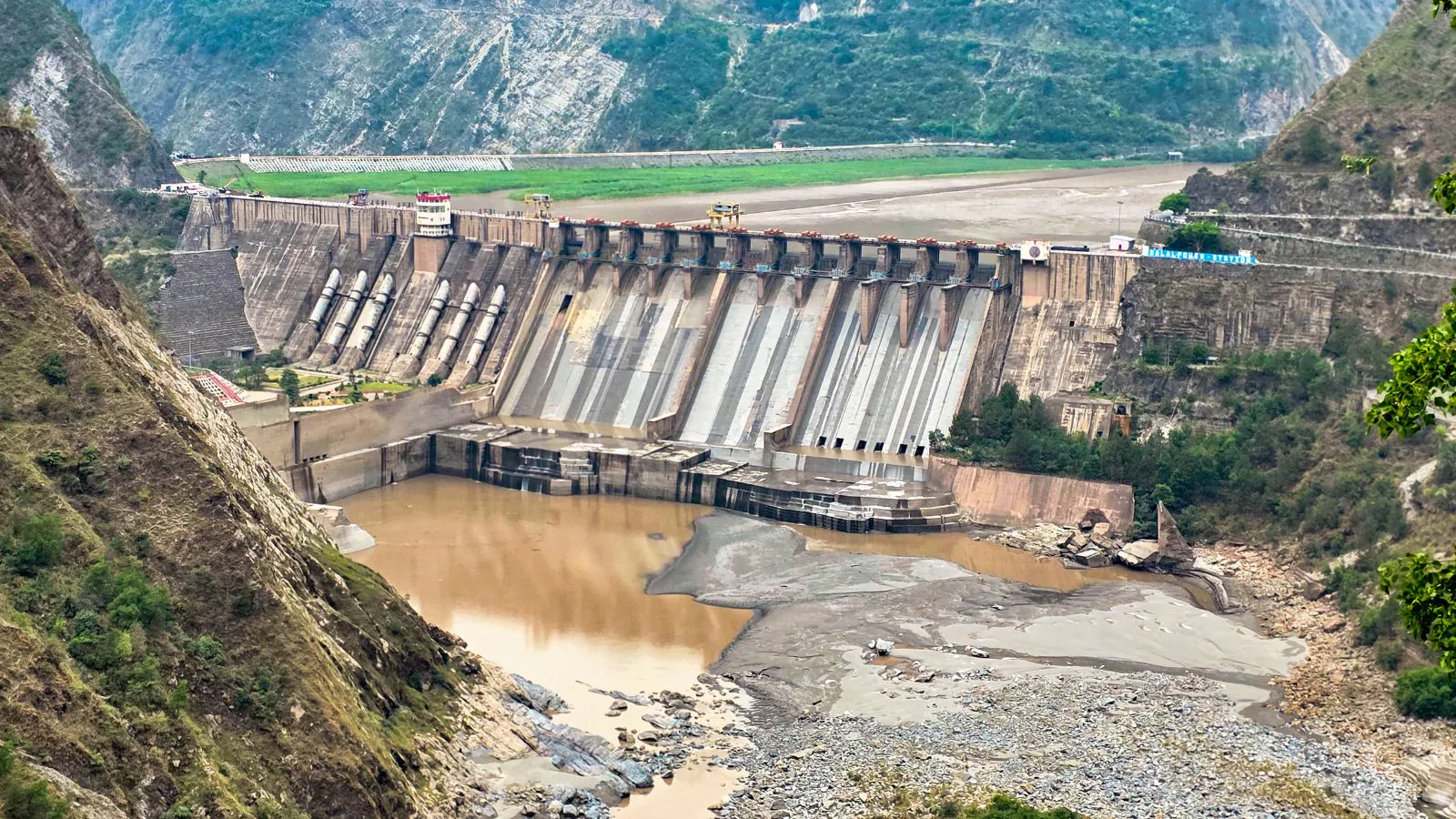By News18
In a significant policy move, the central government is set to launch a comprehensive public outreach campaign to explain the rationale behind putting the Indus Waters Treaty (IWT) in abeyance. This initiative aims to increase public awareness of the strategic and developmental benefits India stands to gain from suspending the decades-old agreement.
Sources indicate that the government intends to communicate directly with citizens, particularly in northern Indian states, where the potential for increased use of river water is being explored. The outreach will focus on how the suspension of the treaty could enable India to exercise its rightful control over water resources and rechannel them for domestic agricultural and developmental use.
The campaign will be spearheaded by senior Union ministers, including Agriculture Minister Shivraj Singh Chouhan, Jal Shakti Minister CR Patil, and Environment Minister Bhupender Yadav. These ministers will travel to key regions and engage with local communities in simple, accessible language to explain the government’s stance, the reasoning behind the treaty’s suspension, and the future roadmap.
The larger objective, officials say, is to develop a long-term water management strategy that allows for optimal use of Indus river waters within India. Plans are underway to facilitate the movement of water from Jammu & Kashmir to Punjab, Haryana, and Rajasthan – states that are poised to benefit significantly from improved irrigation and water availability.
As part of this effort, an extensive public awareness and engagement campaign will be rolled out in Punjab, Haryana, and Rajasthan. Ministers are expected to personally visit multiple districts and hold interactions with stakeholders, including farmers, local officials, and civil society groups, to ensure the message is effectively conveyed.
This move reflects the government’s intent to align national water security with geopolitical strategy, while also addressing growing domestic water demands.
In the aftermath of the Pahalgam terror attack, Prime Minister Narendra Modi had reiterated that “trade and terror, water and blood, bullets and dialogue cannot go together.”
India has since accelerated work on strategic water infrastructure linked to the Indus river system. Among the key initiatives is a 130-kilometre canal designed to link the Beas River to the Ganga Canal, with a proposed extension to the Yamuna River. The project spans nearly 200 kilometres and includes a 12-kilometre tunnel, potentially enabling Yamuna water to reach Gangasagar.
States such as Delhi, Haryana, Punjab, and Rajasthan are projected to benefit from the initiative. The government has stated that the work is advancing rapidly and is expected to be completed within two to three years. A Detailed Project Report (DPR) is also in preparation.
Sources suggest the suspension of the treaty could significantly affect Pakistan’s rabi crops, with the kharif season remaining relatively unaffected. Beyond agriculture, the disruption could impact daily life, potentially leading to a water availability crisis.
Pakistan has reportedly approached the World Bank to mediate in the matter. However, the World Bank has thus far declined to intervene in India’s internal decision to suspend the treaty.
India has emphasised the need to revisit and renegotiate the treaty to reflect 21st-century realities. The original treaty, crafted in the 1950s and 60s, is increasingly seen as outdated due to changing hydrological patterns, glacial melt, population growth, and the need for sustainable energy and water management.
Despite India’s push for modernisation, Pakistan has continued to resist renegotiation – a stance that, according to Indian officials, itself contravenes the treaty’s provisions.
Following the Pahalgam terror attack, India had announced a range of diplomatic and strategic responses, including placing the Indus Waters Treaty in abeyance.
